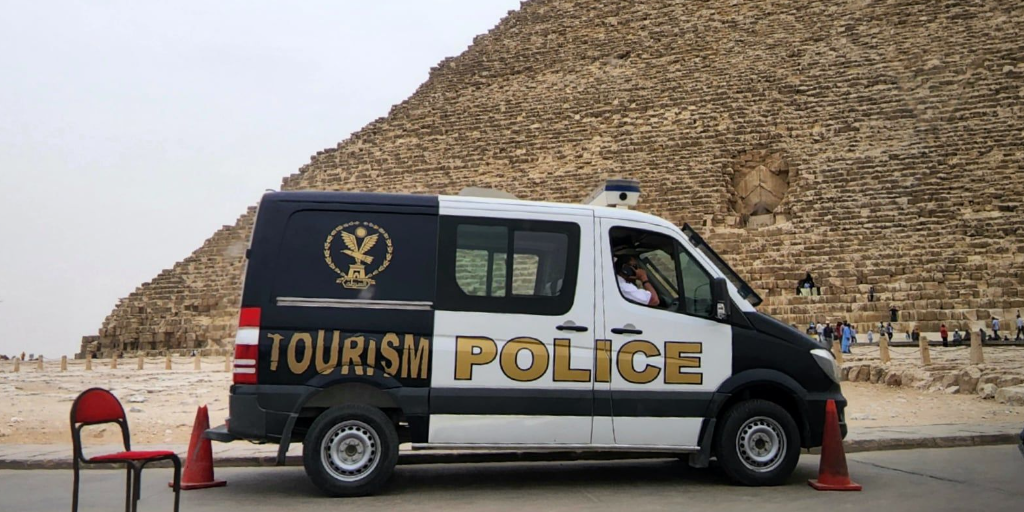Activism has proven to help amend laws in Egypt, from child marriage to animal rights. Other campaigns, however, are far more socially contentious – some, like atheism and sexual orientations, are considered culturally inappropriate. Nevertheless, activists continue to campaign for a change in certain controversial laws in Egypt. With the government’s recent launch of its new National Human Rights Strategy in September 2021, and with a large number of activists being pardoned from prison, activists will be aiming to step up their efforts in the coming period. PHOTOGRAPHING UNSIGHTLY LOCATIONS AND MEDIA EQUIPMENT Up until July 2022, people were unofficially not permitted to photograph or film any public spaces in Egypt without prior approval from the Ministry of Tourism and Antiquities. This has now changed, following an approved draft law issued by former Minister of Tourism and Antiquities, Khaled El-Enany, as announced in an exclusive interview with talk show host Amr Adeeb. The Ministry’s recent decision comes shortly after American food blogger Sonny Side, stated on his YouTube food and travel channel, ‘Best Ever Food Review Show’, that “Egypt is one of worst places for filmmakers”. He added that Egyptian…



